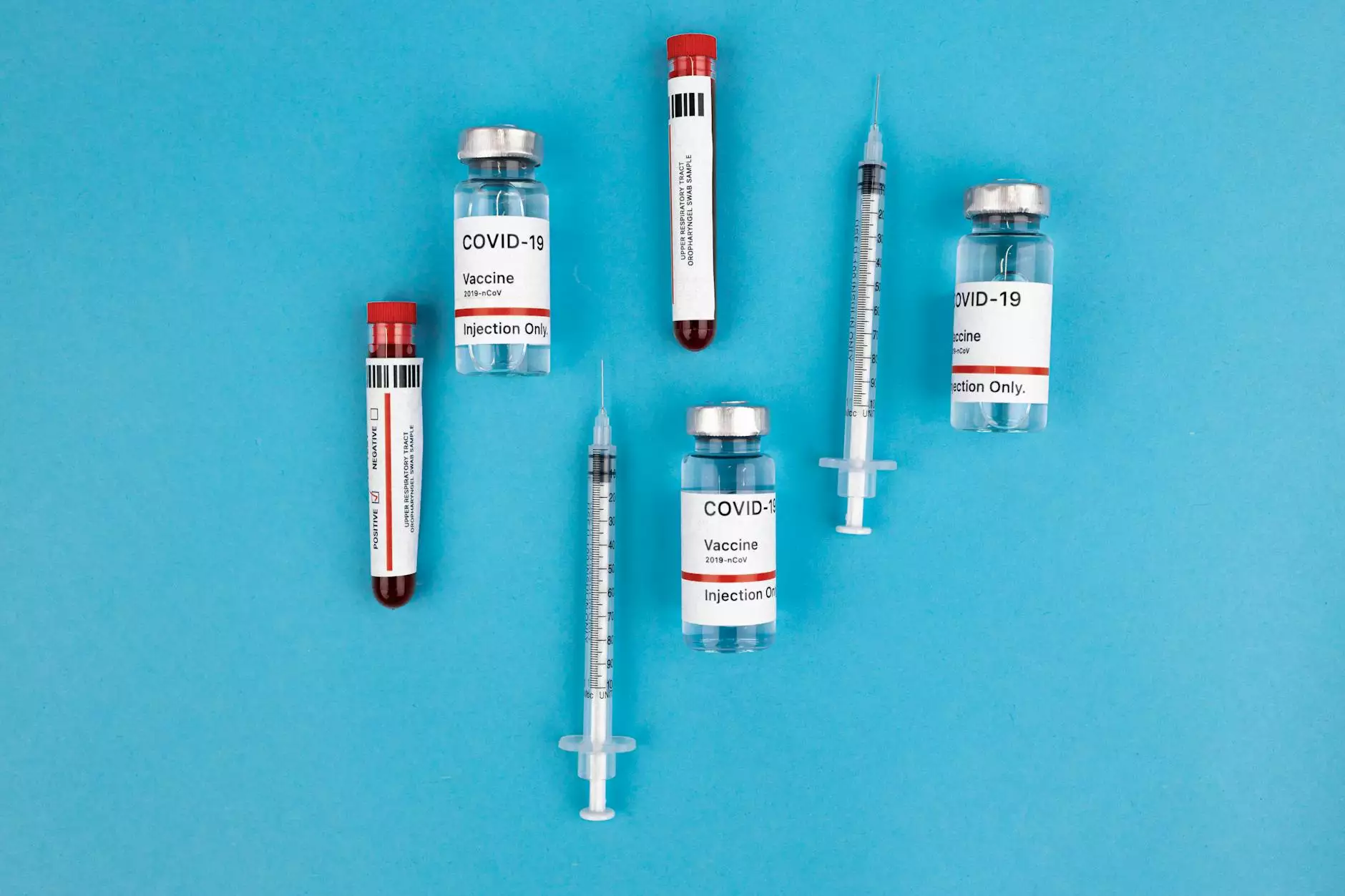Cure for Restless Leg Syndrome: Comprehensive Guide for Patients

Restless Leg Syndrome (RLS), also known as Willis-Ekbom disease, is a common neurological condition that affects millions of people worldwide. Those who suffer from RLS experience an overwhelming urge to move their legs, particularly at night or when at rest. This article aims to provide a rich, detailed guide on the various treatment options and lifestyle modifications that can serve as a cure for restless leg syndrome.
Understanding Restless Leg Syndrome
RLS is characterized by uncomfortable sensations in the legs that are often alleviated by movement. These sensations can be described as itching, crawling, or tingling, which can lead to significant disturbances in sleep. Understanding the nature of RLS is the first step toward discovering effective treatments.
Symptoms of RLS
- Unpleasant Sensations: Generally felt deep inside the legs.
- Urgency to Move: A compelling need to walk or stretch the legs.
- Sensation Relieved by Movement: Symptoms often improve when moving, particularly walking.
- Worsening at Rest: Symptoms typically worsen when sitting or lying down, particularly in the evening or at night.
Causes of Restless Leg Syndrome
The exact cause of RLS is often unknown, but several factors may contribute, including:
- Genetic Factors: RLS can run in families, suggesting a hereditary component.
- Iron Deficiency: Low levels of iron in the brain can lead to symptoms.
- Chronic Diseases: Conditions such as diabetes, kidney failure, and Parkinson's disease may increase risk.
- Medications: Certain drugs, including those for nausea, depression, or allergies, can exacerbate symptoms.
Finding a Cure for Restless Leg Syndrome
While there is currently no definitive cure for RLS, several treatment options and lifestyle changes can significantly alleviate symptoms. Here are the methods recognized by experts in the field of vascular medicine:
Medical Treatments
There are various medications available that have been effective in managing RLS symptoms. Common categories of medications are:
- Dopaminergic Agents: Medications like pramipexole (Mirapex) and ropinirole (Requip) mimic dopamine effects in the brain.
- Anticonvulsants: Gabapentin and pregabalin can help reduce leg sensations.
- Opioids: In severe cases, low doses of opioids may be prescribed for relief.
- Iron Supplements: If iron deficiency is present, supplementation can help improve symptoms.
Non-Medical Treatments
In addition to medication, several lifestyle changes and home remedies can provide relief:
- Regular Exercise: Engaging in moderate physical activity can reduce symptoms, particularly if done regularly.
- Leg Massages: Massaging the legs can enhance blood flow and reduce discomfort.
- Heat Therapy: Applying warm compresses or taking warm baths may ease symptoms.
- Good Sleep Hygiene: Establishing a regular sleep routine can minimize disruption caused by RLS.
Dietary Considerations for RLS
Your diet may also play a significant role in managing RLS symptoms. Consider the following dietary tips:
- Iron-Rich Foods: Incorporate foods like spinach, lentils, and red meat to boost iron levels.
- Magnesium and Folate: Adding nuts, seeds, and leafy greens can support nerve function.
- Avoid Stimulants: Limit caffeine and nicotine, as they can worsen symptoms.
- Stay Hydrated: Proper hydration is vital for overall health and may alleviate symptoms.
Importance of Consulting a Specialist
Consulting a specialist in vascular medicine is crucial for managing RLS effectively. Specialists like those at Truffles Vein Specialists can offer tailored advice and treatment plans based on individual needs. They can conduct thorough evaluations to rule out underlying conditions that may contribute to RLS.
What to Expect During Your Appointment
During your consultation, expect the following:
- Complete Medical History: Discuss your symptoms, family history, and any medications taken.
- Physical Examination: A thorough examination focusing on neurological and vascular health.
- Potential Referrals: You may be referred for blood tests or other imaging studies for a comprehensive assessment.
Living with Restless Leg Syndrome
Living with RLS can be challenging, as it significantly affects sleep quality and daily functioning. However, incorporating coping strategies can make a substantial difference. Here are tips for managing life with RLS:
- Educate Yourself: Understanding RLS and its implications can empower you to make informed decisions.
- Join Support Groups: Connecting with others who experience RLS can offer emotional support and strategies for coping.
- Practice Relaxation Techniques: Techniques such as yoga, meditation, or deep breathing can reduce stress, which is known to exacerbate symptoms.
Conclusion: Hope for a Cure
While RLS may not have a definitive cure, a variety of treatment options, lifestyle changes, and dietary modifications can lead to significant symptom relief. Engaging with qualified healthcare providers and following a tailored treatment plan is crucial. With the right approach, individuals with RLS can reclaim their nights and lead fulfilling, productive lives.
If you or someone you know is struggling with symptoms of Restless Leg Syndrome, consider reaching out to Truffles Vein Specialists for expert advice and support. Visit trufflesveinspecialists.com to learn more about available services and how we can help you find relief.



